Barış Manço: A Musician Transcending Musical Boundaries
Barış Manço is one of the legendary figures in Turkish music. With impressive achievements in both his musical career and television work, he continues to be a recognized artist in Turkey and worldwide. This article will explore Barış Manço's life, musical legacy, and cultural contributions.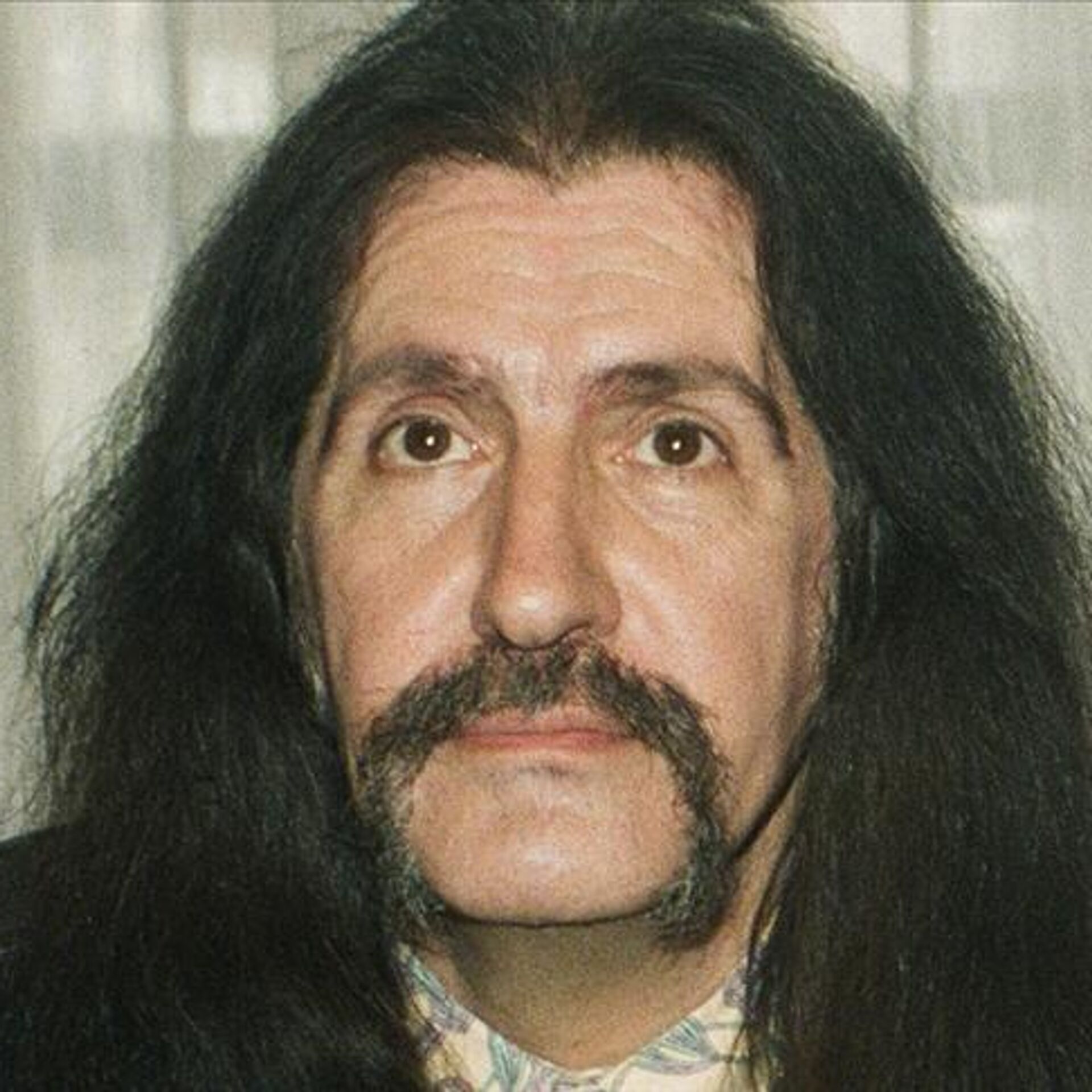
Barış Manço's Life:
Barış Manço was born on January 2, 1943, in Istanbul, Turkey. His birth name was Tosun Yusuf Barıştıran Manço. Manço's interest in music began at an early age, and he learned to play his first instrument, the mandolin, from his mother. Growing up abroad due to his father's diplomatic career, Manço had the opportunity to explore different cultures, which greatly influenced his musical perspective.
Musical Career:
Barış Manço's musical journey started in 1962 when he formed the music group Les Mistigris. In the 1970s, he brought a breath of fresh air to Turkish rock music with unforgettable songs like "Dağlar Dağlar." Manço's music featured a unique style, blending traditional Turkish melodies with modern rock and pop elements.
In 1975, Barış Manço achieved significant success with his album "Mançoloji," capturing the audience with his lyrics and compositions. His music, particularly his works related to Turkish culture and history, showcased him not only as a musician but also as a cultural ambassador.
Television Career:
Alongside his music career, Barış Manço ventured into television with Turkey's first musical talk show, "7'den 77'ye." The program was widely acclaimed, establishing Manço as a respected figure in the television industry.
Cultural Contributions:
Barış Manço left a lasting impact not only in music but also through his cultural contributions. He brought Turkish folk music and traditional instruments to the global stage. Additionally, his involvement in various documentary projects and cultural events contributed to the promotion of Turkish culture.
Barış Manço's house in Kadıköy Moda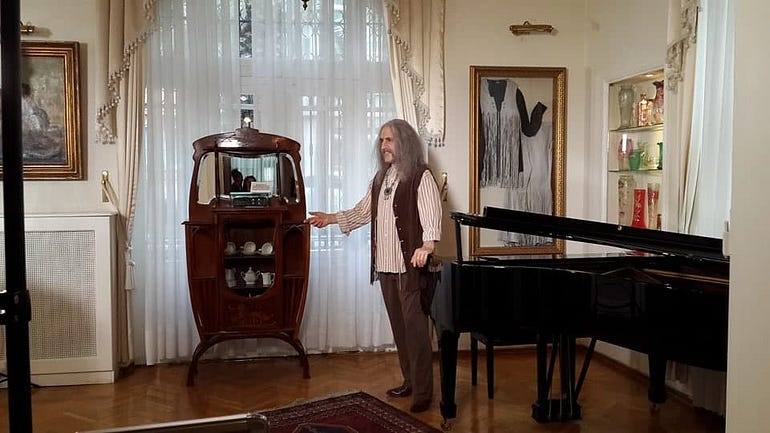
Everyone knows the house in Kadıköy Moda where Barış Manço, who became the favorite of a generation with his songs and is still immortalized with his works today, lived. Kadıköy's Moda district, which attracts attention with its mansions with large gardens and different clothing and lifestyles, has hosted a great master for many years. This land where this famous house is located, with the 81300 postal code, was gifted by Sultan Abdülmecit to the Vitol Family, one of the well-established families of the 1800s. This family also built houses reflecting their own taste on this land. Barış Manço liked this mansion, which was left behind as a result of the apartment building in Moda, and found it romantic. That's why he bought this house from the last members of the Vitol Family. This house, which contains all the memories of Barış Manço and his family, currently serves as the Barış Manço Museum. Let's tour this wonderful house together.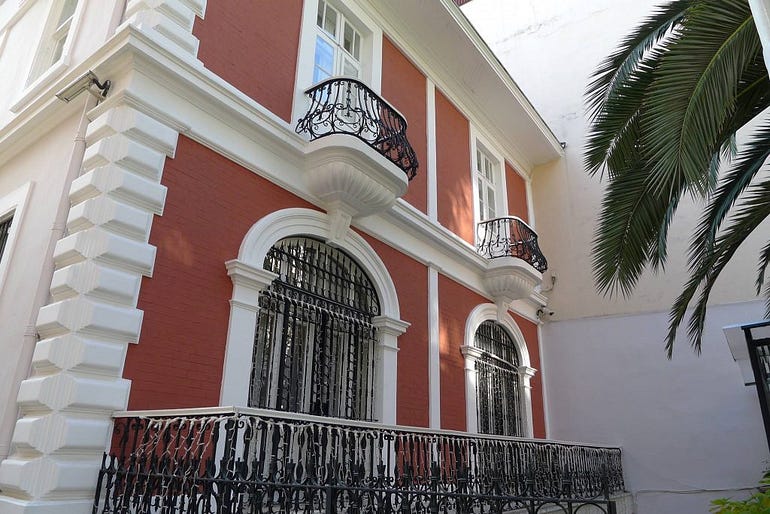
As soon as we enter the house, a beautiful living room welcomes us. In this hall, there is Barış Manço's piano and statue, which he personally bought from Austria. There is a dining room right on the other side. On the table in the middle of the dining room are some of the belongings that Barış Manço used before his death. As we go up to the first floor of the house, we can see that there are compositions by Barış Manço on the walls. On the first floor, there is Barış Manço's bedroom and the master bathroom. On the second floor, there are children's rooms and bathrooms. Additionally, his son Batıkan's room is decorated with "The Boy Who Will Become a Man". There is also a bedroom for guests on one floor of the house. On the basement floor, there is the Knight's Room, the administration room and the summer-winter garden. And again, as in most parts of the house, the sculptures of Kurtalan Ekspres welcome us in the winter garden. In addition, beautiful Barış Manço songs accompany us throughout our visit. There is a striking detail in the front garden of the house, which is the Tomato, Pepper and Eggplant sculptures inspired by Barış Manço's song :) You can visit the museum by paying a small fee during your next visit to Kadıköy.
Today in the Music Corner #BarışManço
Sometimes I stop and look at this table of lessons, some are after sweets, some are hungry... These words remain from Barış Manço, who left us on February 1, 1999. This and many other beautiful lyrics. Barış Manço said goodbye to these places when I was still unknown, but even I, who did not see him, can still feel his impact. I have no idea how to explain it. I have always been someone who enjoys listening to nostalgia songs, but Barış Manço always sounds different. All the lyrics he wrote, all his songs, his lyrics and what he did are incredible.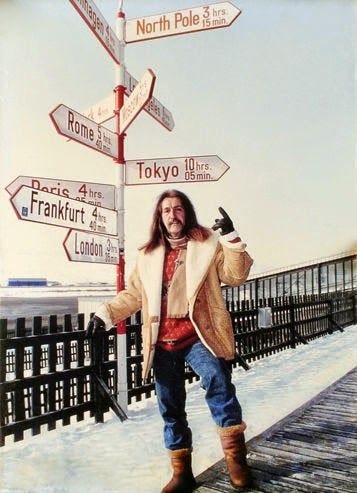
He says peace, if gold and silver were stones, if sycophants stood around them with their hands and feet; Don't pay attention to the handle, handle or lid, my friend, an empty pot has no place on this table. It seems like he addresses different topics with different sentences in each of his pieces. His embrace of Turkishness, his self-confidence and his perspective on people are all beautiful. Of course, some may like or dislike it, I'm just expressing my point of view. Until now, my favorite song lyrics have always been Barış Manço. It has a very subtle delicacy and a very deep meaning for me. More than anything else, he is also a very innovative personality for his time. He travels the world, learns and speaks many languages. He was explaining the world to the Turks and the Turks to the world. A character that should be adopted. He was/was able to carry out his job well. What we call art actually starts here. To be able to do it properly. Once upon a time, there was a Barış Manço who did his part properly.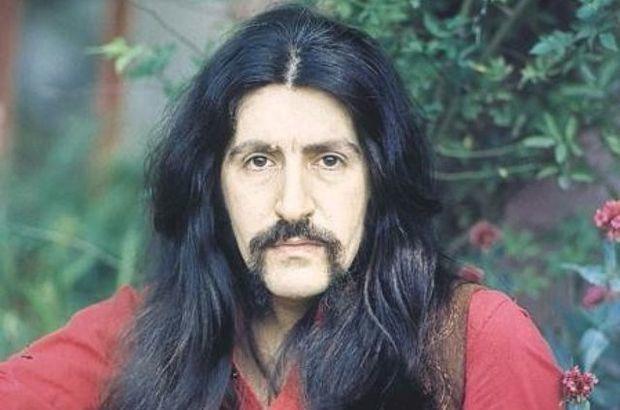
Barış Manço: A Modern Representative of Turkish Folk Poetry and Music
Barış Manço, a prominent Turkish musician, not only left an indelible mark on the music scene but also became a cultural ambassador through his long-running television program "7'den 77'ye." This article explores Manço's multifaceted career, including his contributions to Turkish-Japanese relations, extensive discography, and cultural impact.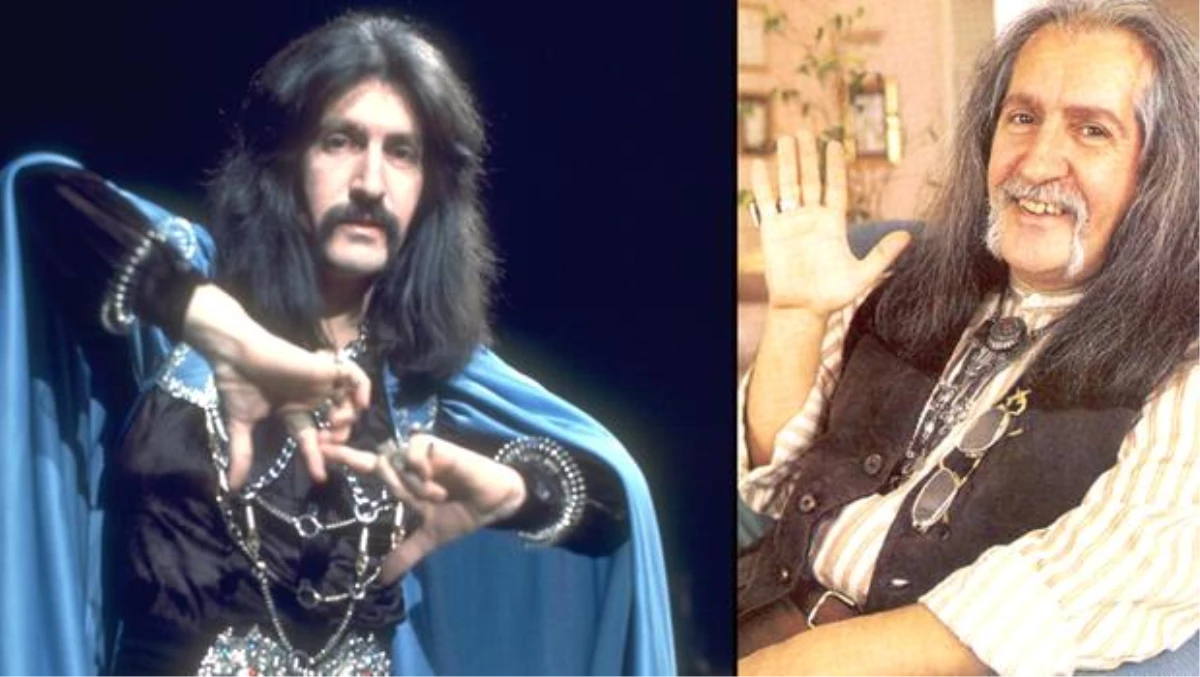
Television and International Success:
In 1988, alongside his music career, Barış Manço launched the enduring television program "7'den 77'ye." In the segment "Adam Olacak Çocuk" (A Child Growing Up), he earnestly portrayed children as the future of the nation, engaging them in activities like drinking milk, eating spinach, and brushing their teeth. The program's international success included a cultural documentary that took Manço to 150 different countries, from the poles to the equator, contributing significantly to Turkish-Japanese relations.
Japanese Adventures and Global Recognition:
Starting in 1990, Barış Manço embarked on a musical journey in Japan, performing concerts in seventeen cities. He played a pivotal role in fostering Turkish-Japanese relations, symbolized by the Japanese Prime Minister waving the Turkish flag during one of his concerts. Manço's music, transcending language barriers, was translated into languages such as Greek, Bulgarian, Arabic, Persian, Japanese, Hebrew, French, and English. Throughout his forty-year career, Manço received over three hundred awards, including the State Artist of the Republic of Turkey (1991) and the Leopold II Order of the Kingdom of Belgium (1992).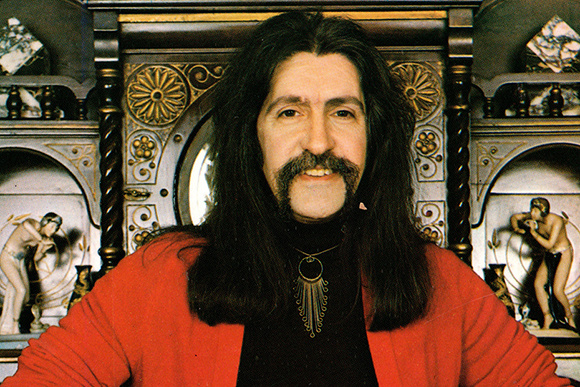
Legacy and Influence:
Barış Manço's legacy extends beyond his music; he seamlessly blended traditional Turkish elements with a modern twist. His utilization of folk sayings and proverbs in lyrics, coupled with a diverse range of instruments, reflected his commitment to preserving and modernizing Turkish cultural heritage. 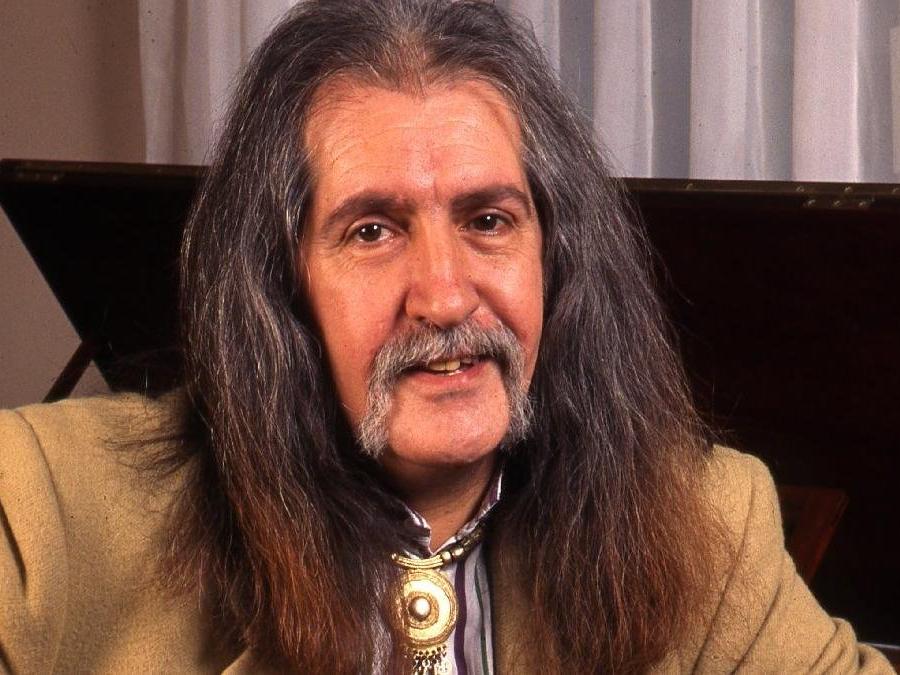
Cultural and Philosophical Contributions:
Manço's lyrics often delved into literary devices, reflections, and wordplay, while his songs incorporated elements of folk traditions like tekerlemeler (tongue twisters) and bilmeceler (riddles). His work not only celebrated Turkish folklore but also carried universal messages of love, tolerance, and the transient nature of worldly pursuits. Manço's incorporation of sufism into his songs, evident in pieces like "Dıral Dede'nin Düdüğü," showcased his spiritual perspective.
Barış Manço Discography
45's
Barış Manço & Harmonies
1962: Twistin USA / The Jet
1962: Do The Twist / Let's Twist Again
1963: Snap Twist / Dream Girl
Barış Manço & Jacques Denjean Orchestra
- 1964: Baby Sitter / Quelle Peste! / Jenny Jenny / Un Autre Amour Que Toi
- 1964: Baby Sitter / Quelle Peste!
- 1964: Jenny Jenny / Un Autre Amour Que Toi
Barış Manço & Les Mistigris
- 1966: II Arrivera / Une Fille
- 1966: Aman Avcı Vurma Beni / Bien Fait Pour Toi
- 1967: Bizim Gibi / Big Boss Man / Seher Vakti / Good Golly Miss Molly
Barış Manço & Kaygısızlar
- 1967: Kol Düğmeleri / Big Boss Man / Seher Vakti / Good Golly Miss Molly
- 1968: Kızılcıklar Oldu mu? / I'll Go Crazy
- 1968: Bebek / Keep Lookin'
- 1968: Karanlıkların İçinde / Trip(To A Fair)
- 1968: Boğaziçi / Flower of Love
- 1969: Unutamıyorum / Runaway (Barış Manço)
- 1969: Ağlama Değmez Hayat / Kirpiklerin Ok Ok Eyle
- 1969: Kağızman / Anadolu
Barış Manço & Moğollar
- 1971: İşte Hendek İşte Deve / Katip Arzuhalim
Karışık
- 1971: Binboğa'nın Kızı (Moğollar) / Ay Osman (Kaygısızlar)
- 1972: Fil ile Kurbağa (Kaygısızlar) / Je Te Retrouverais (Les Mistigris)
Barış Manço & Kurtalan Ekspres
- 1972: Ölüm Allah'ın Emri / Gamzedeyim Deva Bulamam
- 1973: Lambaya Püf De! / Kalk Gidelim Küheylan
- 1973: Gönül Dağı / Hey Koca Topçu (Genç Osman)
- 1974: Nazar Eyle Nazar Eyle (Gel Yanıma Pazar Eyle) / Gülme Ha Gülme
- 1974: Bir Bahar Akşamı / Estergon Kalesi
- 1975: Ben Bilirim / 2023
- 1976: Çay Elinden Öteye (Rezil Dede) / Vur Ha Vur
- 1977: Nick The Chopper(George Hayes Orchestra ile) / Lonely Man
- 1981: Eğri Eğri Doğru Doğru Eğri Büğrü Ama Yine De Doğru / Hal Hal
Albums
Studio albums 1975: 2023 (Yavuz Plak) 1976: Baris Mancho (C.B.S. Disques) 1979: A New Day (Yavuz and Burç Plakçılık) 1980: Disco Manço (Türküola) 1981: My Word is Out of the Parliament (Türküola) 1983: Astaghfurullah... What a shame! (Türkola) 1985: 24 Carat (Emre Plak) 1986: Değmesin Oil Painting (Emre Plak) 1988: Ful Aksesuar'88 Manço: From the Owner to the Need (Emre Plak) 1989: Darısı Başında (Yavuz ve Burç Plakçılık) 1992: Mega Manço (Emre Plak) 1995: If You Excuse Me, Children (Emre Plak) 2018: Golden Rollers (Tunas Tunes) - songs recorded in Belgium in 1965 but not released first.
Conclusion:
Barış Manço, the modern-day troubadour and cultural ambassador, utilized his music and television program to convey timeless messages of love, peace, and cultural appreciation. His unique fusion of traditional Turkish elements with a contemporary touch, combined with his influence on Turkish-Japanese relations, solidifies his status as a symbol of Turkish cultural richness and global interconnectedness. Even after his passing, Barış Manço's legacy continues to grow, inspiring academic research and cultural appreciation for his contributions to Turkish music and beyond.
































